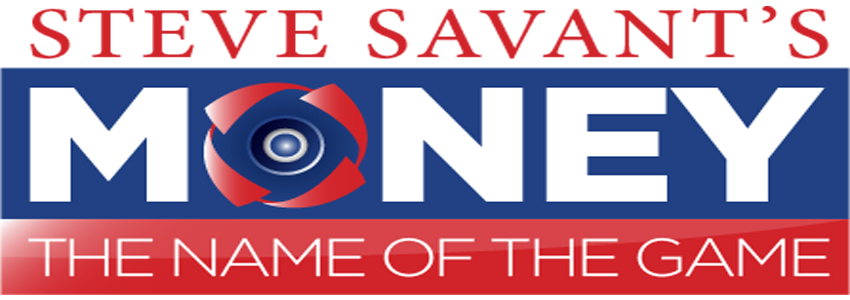 Mesa 12/21/2018 10:00:00 AM
Mesa 12/21/2018 10:00:00 AM
News / Finance
Two Organizational Structures that Can be Customized for the Philanthropist
Other Charitable Organizations Structures To Consider

Donor Advised Funds
Once you’ve decided on the parent charity it’s time to give your fund a name and transfer the initial assets to establish it. Almost immediately, you’re able to start advising the parent charity on how you’d like that money given away.
You open your account with an amount that must meet the minimum set by the parent charity. In fact, that limit may be one of the reasons you selected the parent charity you did. You can amass the total required amount by combining several kinds of assets, such as cash, appreciated or restricted stocks, and real estate, but often the individual elements must be valued at a certain amount. Parent charities may impose these rules to streamline the process of liquidating the assets that aren’t already cash, as that’s their responsibility. In the case of appreciated securities, liquidation may be completed as quickly as the next trading day. Other, less liquid, gifts may take as long as a few months to process. After your initial gift, you can keep making additional gifts to increase the size of your fund. At most parent charities, you can give as often as you like, but the subsequent gifts must usually be of a specified minimum value.
Private Foundations
Of all the philanthropic tools, private foundations are those most often compared to donor advised funds. They remain the traditional choice for donors making a significant financial commitment to charitable causes. An important similarity between DAFs and private foundations is that gifts are irrevocable. The donor does not receive any assets or income back from the charitable organization at any time—and neither do the donor’s heirs or successors.
But for those who might have considered creating their own foundations, DAFs are gaining newfound attention because of their advantages, especially the increased tax benefits, the elimination of extensive paperwork, startup costs and maintenance fees, and greater flexibility in giving.
Tax issues are often paramount in the decision to choose a DAF. Additionally, unlike private foundations, DAFs are exempt from excise taxes on investment income.
This press release contains content from Light Bulb Press with permission.
